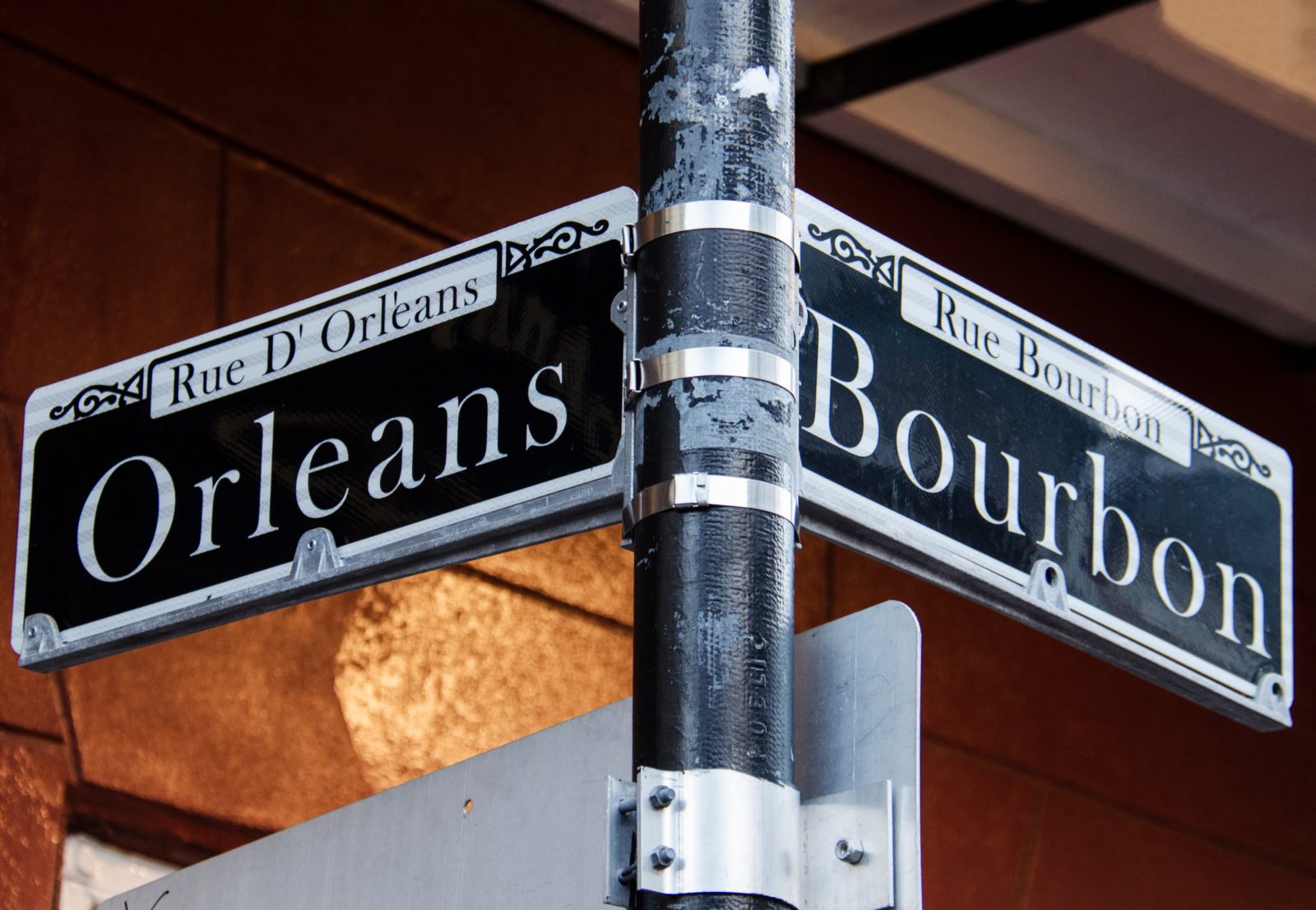Sunday Morning, New Orleans
Crossposted at Fix HomelessnessJohnny Cash sang, “On the Sunday morning sidewalks/ Wishing, Lord, that I was stoned/Cause there’s something in a Sunday/ That makes a body feel alone.”
I saw on a recent Saturday and Sunday morning that sleeping under a New Orleans expressway might really make a body feel alone. Periodically during the past decade the homeless humans in this verdant city coalesced into a big tent city, an anarchic community of sorts—and police swept it away.
Times-Picayune, 2012: “About 55 people who had been staying under the Pontchartrain Expressway were told they must leave the area and move into shelters.” Two years later, the New Orleans City Council gave police the right to remove tents, furniture, and other items “that obstruct the public’s right-of-way.”
Two years after that, the Times-Picayune announced, “One of New Orleans’ most popular camping sites for homeless people will soon be off limits to them.” At a cost of more than $300,000, officials fenced off lots along Calliope Street between St. Charles and Loyola Avenues, and homeless humans moved several blocks away.
Two years later, in 2018, city officials opened a “Low Barrier Shelter” with 100 beds. They boasted that “other homeless shelters often require sobriety” and TB tests, but the shelter has had 100 beds available, no questions asked, no solutions offered. (The city is now adding 246 more beds.)
On it goes, but suspicion grows: Are officials concerned about the health and safety of the homeless, or are they most upset by (according to Stateline, 2019) the “unsheltered population clusters in the French Quarter and the Central Business District, where the homeless are more likely to run into tourists with money”?
In 2019 the website of WDSU News, the New Orleans NBC affiliate, announced in panic, “’They are defecating on the street.” In 2020 The Lens, a New Orleans website, reported that “homeless encampments are growing denser and more numerous…. New Orleans’ unsheltered homeless population has exploded over the last few months.”
The beat went on, as officials played Whack-a-Mole by breaking up some campsites, fencing off land previously filled with tents, and pushing harder for homeless individuals to come into shelters. The result: many homeless men and women moved to other below-highway spots. I witnessed more than ten sites under the I-10 or Pontchartrain expressways where anywhere from one to twelve tents sat undisturbed—and I undoubtedly missed dozens.
But if the major city goal is to keep tourists from heading home with troubling impressions, the plan seems to be working. Homeless humans do not accost customers outside Ruth’s Chris and Harrah’s. Instead, they camp outside Love Nails and Uptown Discount, far from the tourist areas. In a long 7 a.m. walk through the French Quarter, I saw only two men sleeping on the streets.
Life under the expressways is a strange way to have a roof over your head, but highway entrances and exits are location, location, location for panhandlers. I saw homeless folks holding signs varying from the low-bid “50 Cents” to the sad “I’m schizophrenic. Help me.” One homeless person said the highway sounds function as white noise that aids in sleeping.
Just across the street from the explicitly-Christian New Orleans Mission, the presence of a dozen tents suggested disregard for the Mission’s proclamation: “In addition to providing physical relief to those in immediate need of food, clothing and shelter, we put a special emphasis on equipping those who want to experience real change with the biblical principles and knowledge needed to create sustainable solutions to permanently end addiction, abuse and homelessness.”
Why don’t more cross the street? The Mission may need to make changes, but I suspect Johnny Cash knew what he sang about: “The beer I had for breakfast wasn’t bad/ So I had one more for dessert.”
What causes homelessness? Broken relationships, mental illness, and addiction are leading indicators, but some become ill from being on the streets. Societal errors have played a part alongside individual decisions. The expressways of New Orleans, like their counterparts in other cities, eliminated hundreds of homes and destroyed many small businesses. The freeways were 90 percent free for local governments, with Washington paying the bulk of the cost. (The interstate highway system officially went through Congress as a defense measure: Germany’s Autobahn network had so impressed President Dwight Eisenhower that he pushed successfully for an American equivalent.)
Did the civil engineers have any inkling that they were making homelessness more likely, and that their stately creations would become roofs for the rootless?
